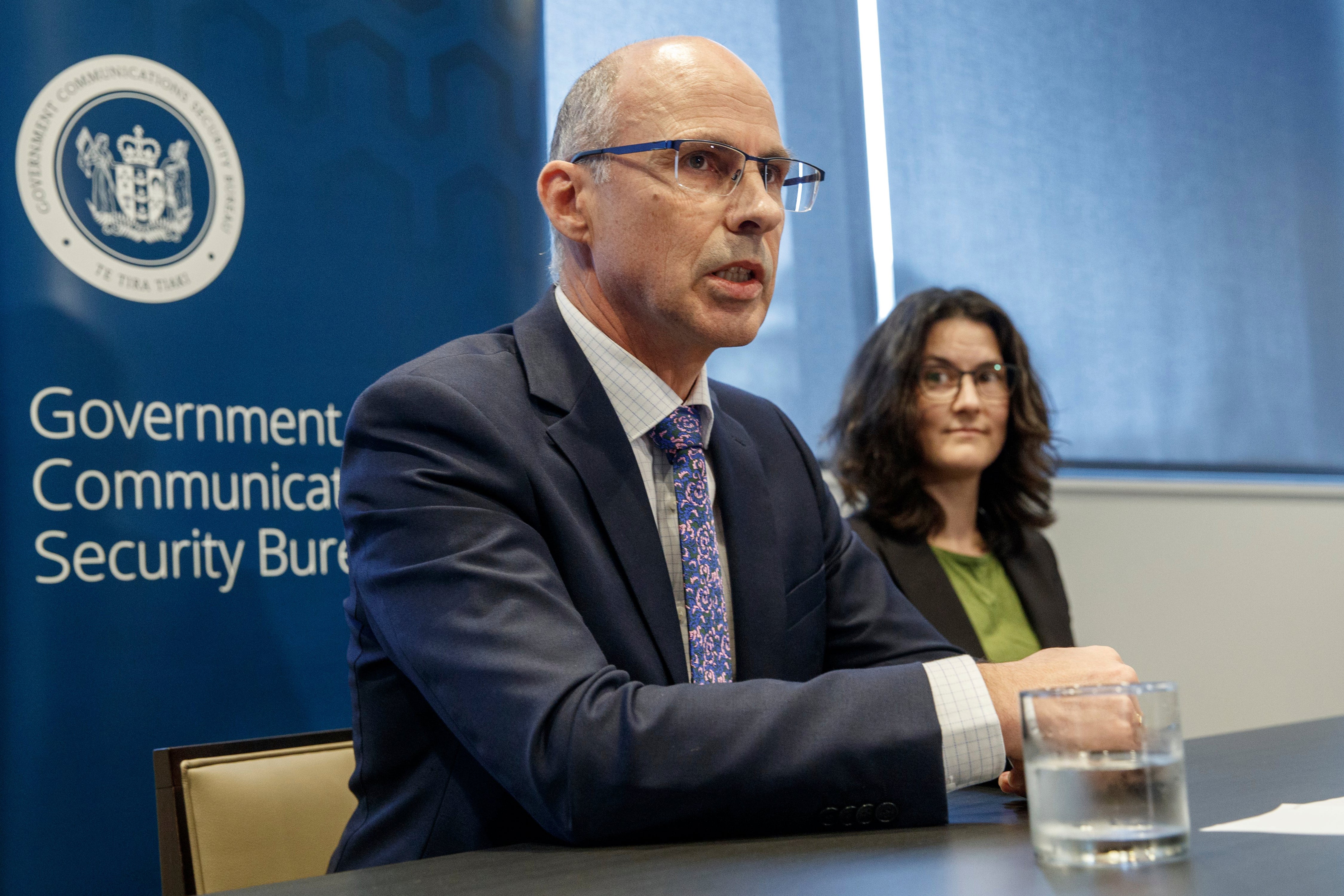New Zealand follows UK in accusing China of hacking its parliament
Revelation comes a day after Britain and US announce sanctions against China over cyberattack on MPs and voters
New Zealand on Tuesday said hackers linked to the Chinese government launched a state-sponsored cyber attack on its parliament in 2021.
The New Zealand government said its communications security bureau (GCSB) had established links between the Chinese state-sponsored actor Advanced Persistent Threat 40 (APT40) and malicious cyber activity targeting parliamentary services and the parliamentary counsel office.
The revelation comes just a day after Britain and the US announced sanctions against alleged China-based hackers for targeting the UK's election watchdog, members of parliament, American officials, journalists, and pro-democracy activists.
New Zealand said it had raised concerns with the Chinese government but stopped short of imposing sanctions on the alleged hackers, largely due to Beijing being one of its biggest trade partners.
"The use of cyber-enabled espionage operations to interfere with democratic institutions and processes anywhere is unacceptable," said Judith Collins, the minister responsible for GCSB.

The GCSB said APT40 was affiliated with China’s Ministry of State Security and that the actor gained access to important information that enables the effective operation of the New Zealand government.
It said the attack did not remove anything sensitive or strategic, instead, targeted information of a more technical nature that would have allowed more intrusive activity.
In the last financial year, at least 23 per cent of the 316 malicious cyber events that involved nationally significant organisations were attributed to state-sponsored actors, according to the GCSB. These attacks were not specifically attributed to China and New Zealand last year also condemned malicious cyber activity undertaken by the Russian government.
A top New Zealand intelligence official told a parliamentary committee that seven of its citizens had provided training to China's military in the last 18 months, in what he said was a "major national security risk".
"Foreign interference of this nature is unacceptable, and we have urged China to refrain from such activity in future," New Zealand's foreign minister Winston Peters said in a statement.
A spokesperson for the Chinese embassy in Auckland told Reuters that they reject "outright such groundless and irresponsible accusations" and have expressed their dissatisfaction and resolute opposition.
"We have never, nor will we in the future, interfere in the internal affairs of other countries, including New Zealand. Accusing China of foreign interference is completely barking up the wrong tree," the spokesperson added.
The allegations were levelled just days after China's top diplomat, Wang Yi, held discussions on "trade, business and poeple to people links" with his New Zealand counterpart during his visit to New Zealand earlier in March.
While the Pacific nation has been vocal in recent years over human rights issues and possible militarisation of the ocean, it still relies on China for trade. "We cooperate with China in some areas for mutual benefit," Mr Peters said last week.
"At the same time, we have also been consistent and clear that we will speak out on issues of concern."
Meanwhile, American and British officials late on Monday filed charges, imposed sanctions, and accused Beijing of a sweeping cyber espionage campaign that allegedly hit millions of people.
British deputy prime minister Oliver Dowden said the “malign” attacks on MPs and the Electoral Commission – during which hackers allegedly accessed the personal details of about 40 million voters – marked a “clear and persistent pattern of behaviour that signals hostile intent from China”.
American and British officials have nicknamed the hacking group responsible Advanced Persistent Threat 31 or "APT31", calling it an arm of China's Ministry of State Security.
Join our commenting forum
Join thought-provoking conversations, follow other Independent readers and see their replies
Comments
Bookmark popover
Removed from bookmarks